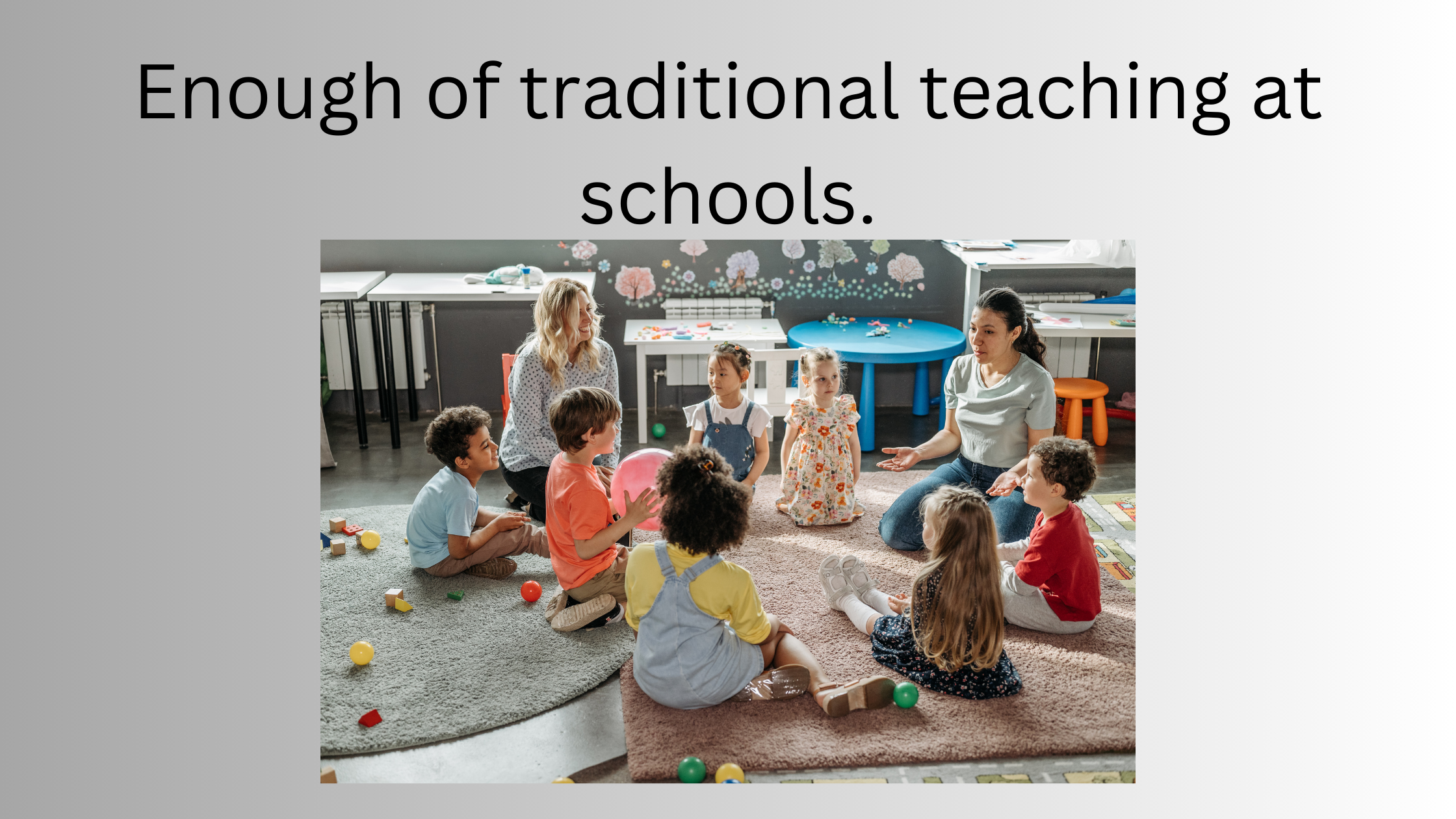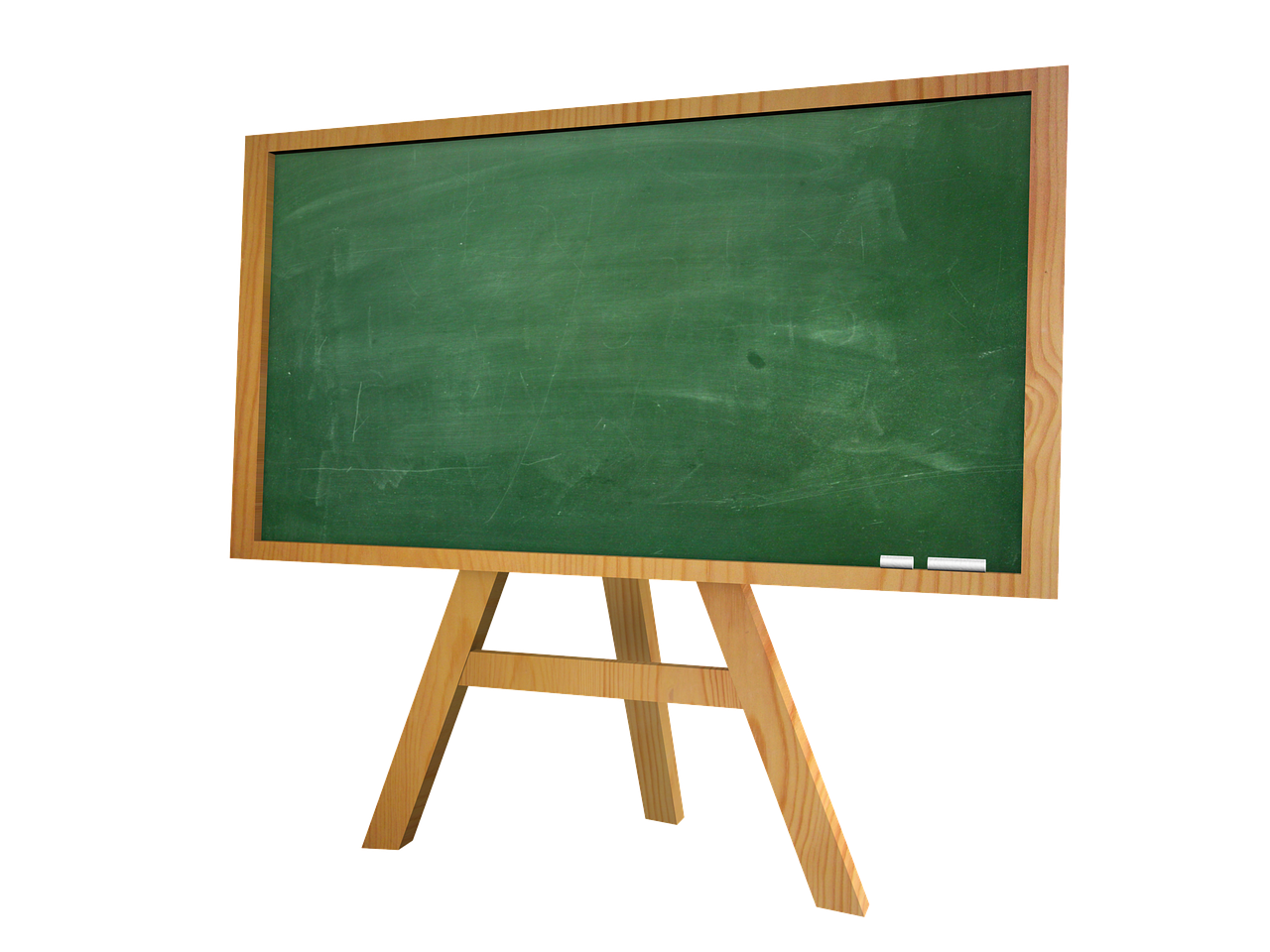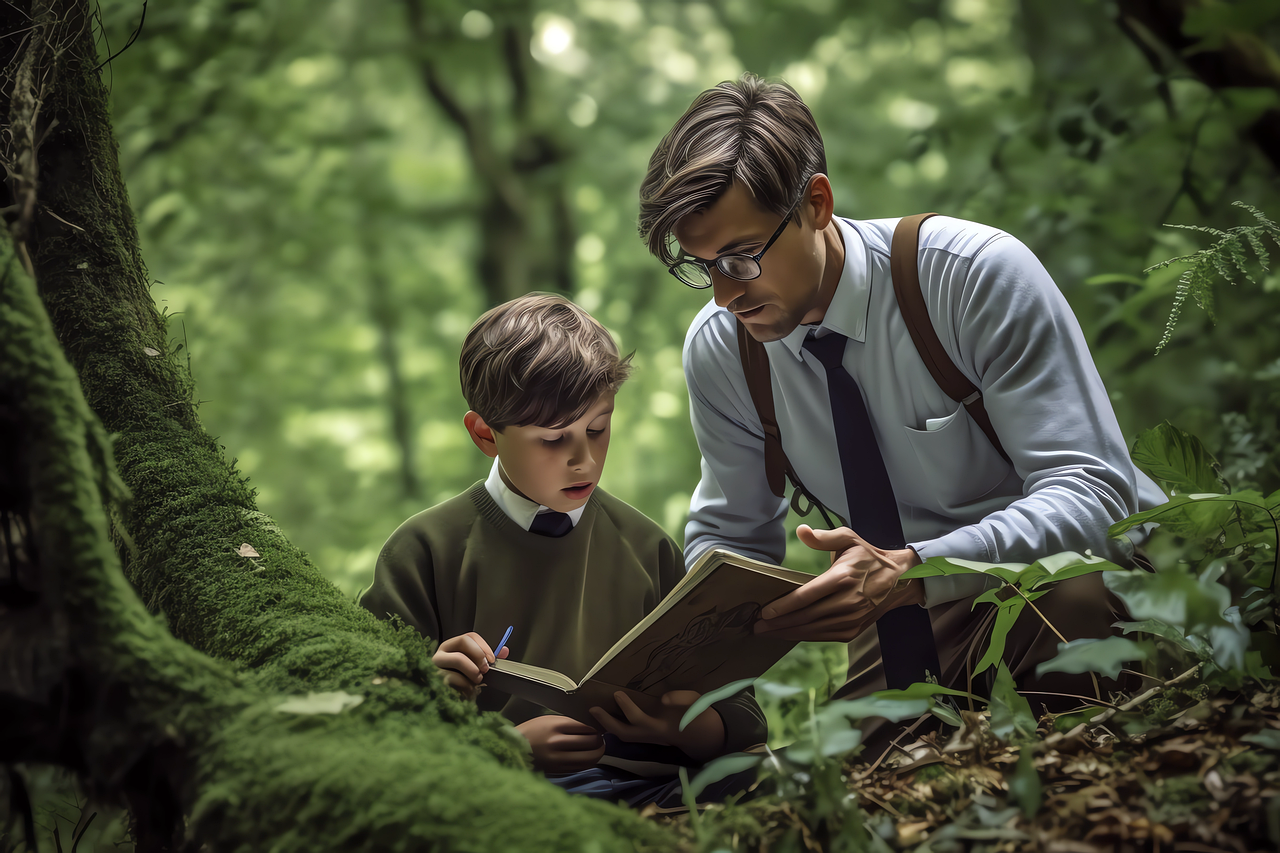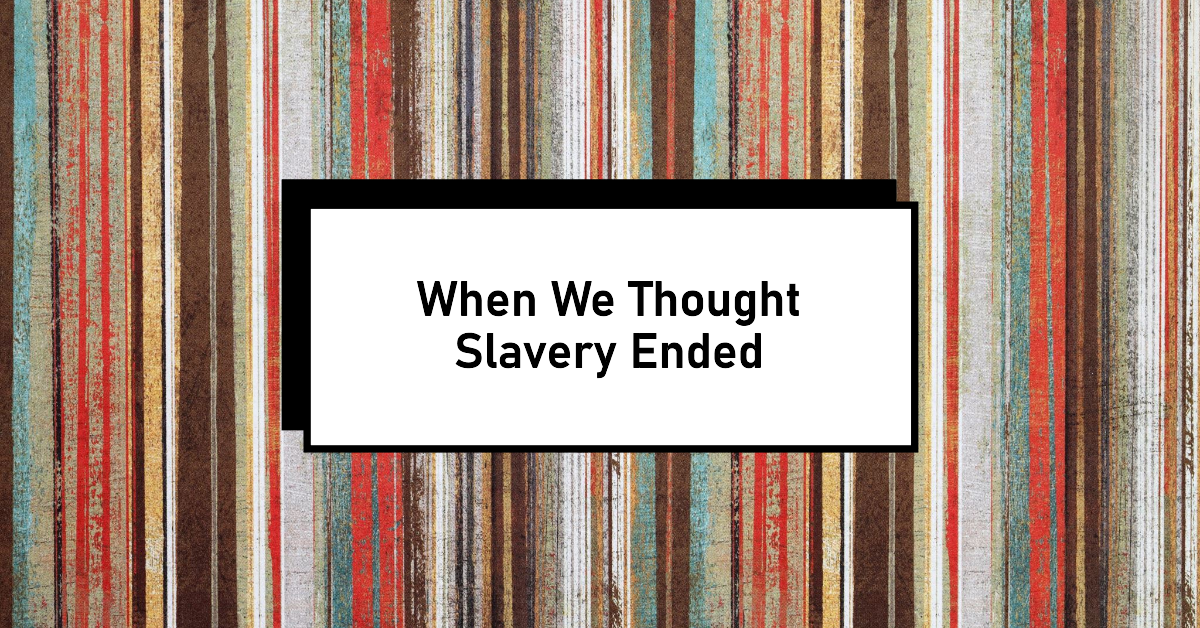Enough of traditional teaching at schools.

  Education for me is always an interesting topic to talk about, during my Biology school I had some classes about education, such as pedagogy, and teaching methods. There I learned about how diverse the teaching methods are. I was only used to the traditional method of the teacher when I was a student at my school. The traditional method is associated with the teacher being the only source of information and the student is there only to absorb this information. So it is an information dump that happens. To learn is very different from memorizing.
  For example, the oxygen that we breathe is produced by photosynthesis by multiple organisms on our planet, including plants and phytoplankton. What is the best way to teach that? If you just write that information on a board and tell the student this information, what is the real percentage of learning? Isn't better to expose the student to this information? For example, there are easy experiments where you use aquatic plants in a recipient and you see bubbles when you are exposed to light. There the student can learn about oxygene and how it works,? Seeing this type of thing makes everyone's curiosity come out. Humans start to question and build knowledge in a different way, not as imposition like the other way.
  So for me, the traditional way of teaching should be kicked out of any school.
  A educação é sempre um tópico interessante para mim. Durante o meu curso de Biologia, tive algumas aulas sobre educação, como pedagogia e métodos de ensino. Foi lá que aprendi o quão diversos são os métodos de ensino. Quando eu era estudante na minha escola, estava acostumado apenas ao método tradicional, no qual o professor é a única fonte de informação e o aluno está lá apenas para absorver essa informação. É como um despejo de informações que acontece. Aprender é muito diferente de memorizar.
  Por exemplo, o oxigênio que respiramos é produzido pela fotossíntese de vários organismos em nosso planeta, incluindo plantas e fitoplâncton. Qual é a melhor maneira de ensinar isso? Se você simplesmente escreve essa informação em um quadro e diz ao aluno, qual é a porcentagem real de aprendizado? Não é melhor expor o aluno a essa informação? Por exemplo, existem experimentos simples nos quais você usa plantas aquáticas em um recipiente e vê bolhas quando as expõe à luz. Aí o aluno pode aprender sobre o oxigênio e como ele funciona. Ver esse tipo de coisa desperta a curiosidade de todos. As pessoas começam a questionar e construir conhecimento de uma maneira diferente, não como imposição, como no método tradicional.
  Portanto, para mim, o método tradicional de ensino deveria ser eliminado de qualquer escola.

  The traditional teaching method is so worthless that you see multiple videos of people testing grown-ups with school-level questions. One of these days I saw a video in Brazil of a guy asking the answer of how is 2 to the power of 0. One person got right from almost 20 people. That means that all asked people if they were bad students. No, probably they knew the answer when they were having math at school but the way the information came it was only enough for the person to have a good grade and be done. And this information. Probably this type of information will be worthless unless you see math in your daily life.
  Anyways, an engineering student when he starts his university degree joins some basic calculus classes and reviews some concepts that you learn at school. Maybe if schools could create a math course applied to investments and bills it would be more settled this type of knowledge? Why should I memorize all the biochemical cell respiration cycles? It is important to know how occurs cellular respiration, so we can understand our bodies, and how to deal with high-demanding exercises for example, or even understand drug interactions when we read a prescription instruction. The student can achieve all this knowledge through the teacher's mediation. The teacher will supervise the learning and not give sentences for the student to memorize.
  O método de ensino tradicional é tão ineficaz que é comum vermos vídeos de pessoas fazendo perguntas de nível escolar para adultos. Certa vez, vi um vídeo no Brasil de alguém perguntando qual é o resultado de 2 elevado à potência de 0. Apenas uma pessoa acertou entre quase 20 pessoas. Isso não significa que todos os entrevistados eram maus alunos. Provavelmente, eles sabiam a resposta quando estudaram matemática na escola, mas a maneira como a informação foi apresentada foi apenas suficiente para obter uma boa nota e seguir em frente. E essa informação, provavelmente, tornou-se inútil a menos que a matemática faça parte da vida cotidiana.
  De qualquer forma, um estudante de engenharia, ao iniciar seu curso universitário, passa por algumas aulas básicas de cálculo e revisa alguns conceitos que aprendeu na escola. Talvez se as escolas pudessem criar um curso de matemática voltado para investimentos e contas, esse tipo de conhecimento seria mais útil. Por que eu deveria memorizar todos os ciclos bioquímicos de respiração celular? É importante saber como ocorre a respiração celular para que possamos entender nossos corpos, lidar com exercícios físicos exigentes, por exemplo, ou mesmo compreender as interações de medicamentos ao ler uma prescrição médica. O aluno pode adquirir todo esse conhecimento por meio da mediação do professor. O professor supervisionará a aprendizagem e não dará sentenças para o aluno memorizar.

  Every school has its own teaching philosophy and method, there are schools where you can find this type of teaching in Brazil and in the world, but these are just a few. The best way to teach kids is by using their curiosity. It isn't worth spending time giving them content without making them question everything. With my kids, I always try to focus on the question. Giving them some attention to their questions, making them question simple things, such as "Why the sky is blue?" then I can create another question to instigate them, " Why the sky is dark during the night?" the answer for both questions are connected with the way that sunlight beams come to our planet. This way the kid can associate that connection when there isn't sun during the night, so that's why is dark, so maybe the blue color is also associated with the sunlight beams, of course then we have some other factors such as atmosphere content to explain there, which can be confusing in the way to explain. But in that way, the kid creates associations with the knowledge and it helps them create a basis for that.
  Another way to instigate the child is doing their own research, not with Google to bring the exact answer to a question, but by letting her watch an educative video or even a book about a specific subject. The importance of school is to create world citizens and not machines with knowledge.
  Cada escola tem sua própria filosofia e método de ensino, e existem escolas que adotam esse tipo de abordagem no Brasil e no mundo, embora sejam uma minoria. A melhor maneira de ensinar crianças é usando a curiosidade delas. Não vale a pena gastar tempo apenas transmitindo conteúdo sem fazer com que elas questionem tudo. Com meus filhos, sempre tento focar na pergunta. Dando atenção às perguntas deles, fazendo com que questionem coisas simples, como "Por que o céu é azul?", posso então criar outra pergunta para instigá-los, como "Por que o céu fica escuro durante a noite?". As respostas para ambas as perguntas estão relacionadas à forma como os raios de sol chegam ao nosso planeta. Dessa forma, a criança pode associar essa conexão quando não há sol durante a noite, e é por isso que fica escuro. Talvez a cor azul também esteja associada aos raios de sol, mas, é claro, há outros fatores, como a composição da atmosfera, que podem ser confusos de explicar. No entanto, dessa forma, a criança cria associações com o conhecimento, o que a ajuda a construir uma base sólida.
  Outra maneira de instigar a criança é incentivá-la a fazer sua própria pesquisa, não apenas recorrendo ao Google em busca da resposta exata para uma pergunta, mas permitindo que ela assista a vídeos educativos ou leia um livro sobre um assunto específico. A importância da escola é criar cidadãos do mundo, não apenas máquinas de conhecimento.










Comments